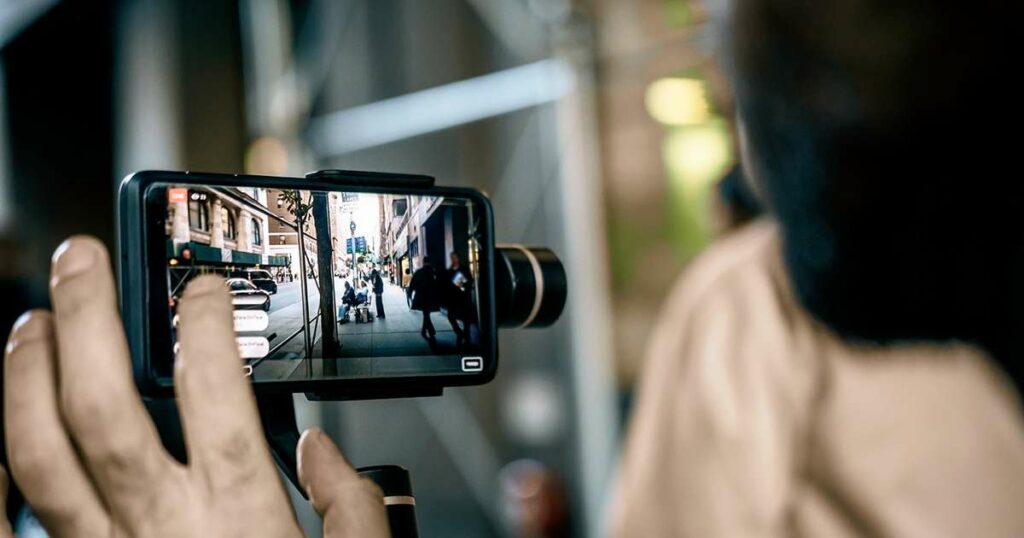Recording other people: What are the legalities?
Posted on August 19th, 2024

In modern times, it is easy to make audio or video recordings of situations with our smart phone. The ease with which these recordings can be made means that you could be recorded without your knowledge. Whether such recording is lawful or unlawful will depend on the situation and what someone tries to do with the recording.
I am often asked whether people can make recordings when involved in employment or family disputes and whether security cameras installed in a home could be a breach of the law, particularly if a neighbour’s property is caught on film too.
Legislation has attempted to play catch up with technology, which means that it is contained in different Acts to deal with different situations. The different acts and situations may not always sit easily with each other and could mean that a lawful recording in one situation is unlawful in another.
I will start with video recordings and photos. It is a criminal offence to record a person without their knowledge and permission in a situation where a reasonable adult would expect privacy. This means it is unlawful to record a person without their permission in places like bedrooms, bathrooms and public toilets. The key concept of this law is that the place is one where a reasonable adult would expect privacy. This means that people can take photos or video recordings in public places where privacy is not expected, such as public parks and streets (including houses on the streets).
“If your home security system happens to capture a part of your neighbour’s driveway, it is a place that a reasonable adult would not expect privacy, therefore you are not committing an offence. However, if your home security system captures inside your neighbours home, particularly bedrooms and bathrooms, you would most likely be committing an offence.”
I will now move onto audio recordings. A surprise to many people is that it is lawful to record any conversation that you are a participant of, even if the other people in the conversation do not know. This means that if you are in a meeting and wish to record the meeting you can do so. It is unlawful to ‘eavesdrop’ or record a conversation you are not a party too, so you can’t leave your recording device in a room and see what people are saying about you.
In circumstances where you have legally recorded a conversation, you are limited as to what you are able to do with it. You can only play the recording to persons who were part of the conversation. If you wish to play the recording to people who were not part of the conversation, you must have the permission of all persons who were a party to the conversation to do so. In limited circumstances, you may also be able to play the recording in a court proceeding.
There are circumstances where a recording made lawfully may breach another law or have other consequences.
Using the example of recording a meeting at work, recording could be a breach of a workplace policy such as bullying and result in disciplinary action and even termination of employment.
In a family dispute, recording someone might be considered harassing or intimidating or an attempt to coerce or control the other person into doing or not doing something, which could amount to domestic violence or stalking.
Separated families may want to record interactions as a form of protection against unfounded allegations, or to gather proof
Given the complexities involved in the law, it is advisable that you seek legal advice if you are in a situation where you want to make a recording but are uncertain as to whether you can do so. You should also seek legal advice before playing or releasing a recording to ensure you do not commit a criminal offence.
Stacey O’Gorman – Solicitor.

